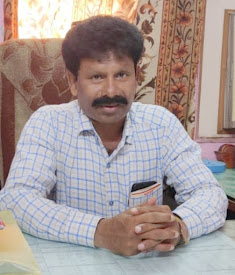Relaxation of CCS (Conduct) Rules and CCS(CCA) Rules
A written answer was given in the Rajya Sabha to the questions about the subject of relaxation of CCS (Conduct) Rules and CCS(CCA) Rules by the Minister of State in the Ministry of Personnel, Public Grievances and Pensions Shri.V.Narayanasamy as follows...
There are some provisions to relax the Central Civil Services (Conduct) Rules, 1964 and Central Civil Services (Classification, Control and Appeal) Rules, 1965...
So far as CCS (Conduct) Rules, 1964 are concerned, the Central Government can relax the requirements of any Rule to such extent and subject to such conditions as it may consider necessary, for dealing with the case in a just and equitable manner. However, any order of the Central Government which may be issued relaxing the requirement of any Rules in any particular case should be authenticated as an order of the President in accordance with the requirements of Article 77 of the Constitution.
So far as CCS (CCA) Rules, 1965 are concerned, power to relax time limit or to condone delay vests with the authority competent under these Rules to make any order for good and sufficient reasons or if sufficient cause is shown, extend the time limit in these rules for anything required to be done under these rules or condone any delay.
Related orders...
Government of India is fully competent to modify, relax or dispense with any rules to prevent hardships in any individual case.
Where the Central Government is satisfied that the operation of any rule regulating the conditions of service of Union Government servants, or any class of such Government servants, causes undue hardship in any particular case, it may, by order, dispense with or relax the requirements of that rule to such extent and subject to such conditions as it may consider necessary, for dealing with the case in a just and equitable manner. In this rule, the expression "Union Government servants" means all persons whose conditions of service may be regulated by rules made by the President under the proviso to Article 309 or clause (5) of Article 148 of the Constitution.
[MHA Notification No. 108/54-Ests.(A), dated 20th November, 1954]
Power to relax time-limit and to condone delay
Save as otherwise expressly provided in these rules, the authority competent under these rules to make any order may, for good and sufficient reasons or if sufficient cause is shown, extend the time specified in these rules for anything required to be done under these rules or condone any delay.
CLICK HERE FOR DETAILS



